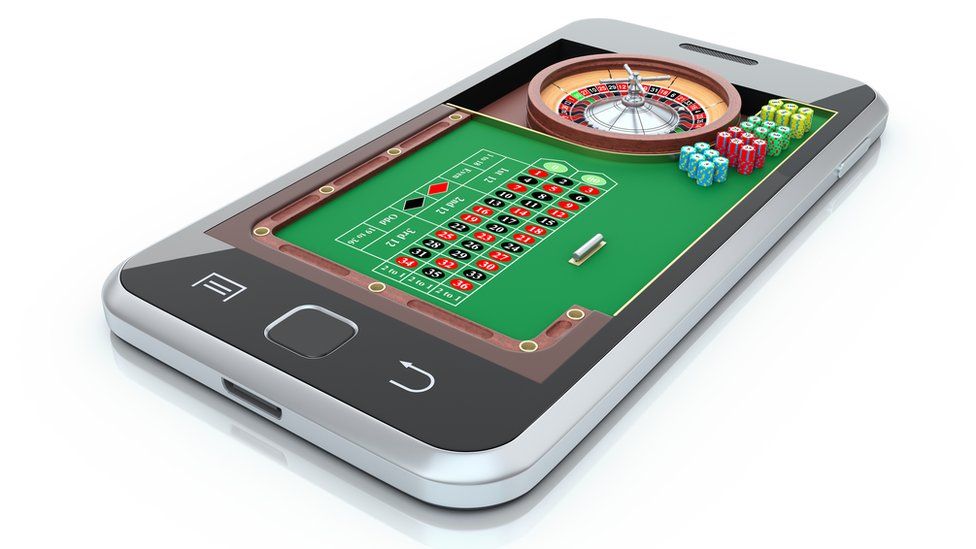In the world of blockchain casinos, real-time data streaming has become a crucial component to ensure a seamless and dynamic gaming experience. Blockchain technology, with its decentralized and immutable nature, offers significant advantages for online gambling platforms, but it also presents unique challenges when it comes to data synchronization, speed, and reliability. Real-time data streaming is the solution to these challenges, enabling blockchain casinos to offer smooth gameplay, instant transactions, and enhanced player experiences.
In this advanced guide, we will explore the importance of real-time data streaming in blockchain casino environments, discuss the technical aspects of implementing it, and highlight how SDLCCorp’s expertise in Blockchain Casino Game Development can help optimize these solutions.
What is Real-Time Data Streaming?
Real-time data streaming refers to the continuous flow of data that is processed and made available almost instantly, allowing for immediate action or updates. In the context of blockchain casinos, this could involve live updates of game results, player balances, bets, transaction history, and more. Data streaming is crucial for ensuring that the gaming experience remains responsive, accurate, and engaging.
While traditional online casinos can rely on centralized databases for fast data retrieval, blockchain-based casinos are decentralized by design. This means that data is not stored in a single location and transactions are validated across a network of nodes. Real-time data streaming allows these decentralized systems to function efficiently, keeping all players updated simultaneously without delays or inconsistencies.
Why Real-Time Data Streaming is Critical for Blockchain Casinos
1. Instant Transaction Confirmation and Game Results
In blockchain casinos, every transaction—whether it’s a bet, payout, or deposit—is processed through the blockchain, and its confirmation requires validation across the network. Real-time data streaming is essential for ensuring that players receive instant confirmation of their actions. Without real-time streaming, players would experience delays in transaction confirmation, making the gambling experience frustrating and unreliable.
By integrating data streaming, blockchain casinos can instantly confirm transactions, notify players of wins or losses, and update game states in real-time. This ensures that players are always in the loop about their betting activity and helps maintain the immersive nature of the game.
For example, when a player places a bet or wins a round in a blockchain-powered casino, the system should instantly reflect those changes on the player’s balance, the game state, and the network ledger. Delays can undermine trust in the platform and disrupt the flow of the game.
2. Enhancing User Experience with Real-Time Leaderboards and Stats
Real-time data streaming is also key for displaying live leaderboards, player statistics, and dynamic content that can significantly enhance user engagement. By streaming data in real time, players can see their position relative to other participants, track their progress, and engage in competitive play. This creates an environment of constant action, where players feel motivated to continue playing and improve their rankings.
Moreover, real-time statistics like win rates, betting amounts, and historical performance can be streamed to players to offer insights into their gameplay. Providing these live updates adds a competitive edge and makes the experience feel more interactive, akin to a live casino environment.
3. Improved Transparency and Fairness
Blockchain casinos are highly valued for their transparency and fairness, and real-time data streaming plays an integral role in upholding these principles. With blockchain, all transactions are recorded on an immutable ledger, but without real-time data updates, players may not be able to verify these actions immediately.
By streaming blockchain data, such as the transaction confirmations and game outcomes, directly to the player, casinos can ensure that all actions are transparent and instantly verifiable. Players can see the status of their bets and payouts in real-time, helping to eliminate any doubts about the fairness of the platform. This is especially important for fostering trust among users in decentralized applications (DApps) where anonymity and security are paramount.
Implementing Real-Time Data Streaming in Blockchain Casinos
1. Using WebSockets for Low-Latency Communication
A common and efficient approach for real-time data streaming is the use of WebSockets, a communication protocol that provides full-duplex communication channels over a single, long-lived connection. WebSockets are ideal for applications like blockchain casinos that require low-latency, bidirectional communication.
When a player makes a bet or receives a payout, WebSockets enable the server to send real-time updates to the client without requiring the player to refresh or request new data manually. This results in a smooth, real-time experience where the player receives immediate feedback.
WebSocket communication can be integrated into blockchain casino platforms to stream critical data such as player balances, transaction statuses, game results, and leaderboard updates, all in real time. This method is highly efficient and minimizes the overhead associated with traditional polling or HTTP requests.
2. Leveraging Smart Contracts for Data Synchronization
Another critical aspect of implementing real-time data streaming in blockchain casinos is the use of smart contracts. Smart contracts automate transactions, enforce rules, and handle logic in blockchain-based platforms. For real-time data synchronization, smart contracts can be designed to trigger events based on specific actions.
For instance, when a player places a bet, a smart contract can be triggered to update the player’s balance, calculate the potential payout, and record the transaction on the blockchain. The event can then trigger a real-time update through the data streaming service, ensuring that the player is immediately notified of the transaction’s outcome.
Smart contracts ensure that data updates are consistent, accurate, and tamper-proof, enhancing the trust and integrity of the platform. By combining smart contracts with real-time data streaming, blockchain casinos can provide a seamless and fully automated gaming experience.
3. Scalability with Distributed Ledger Technology (DLT)
As the popularity of blockchain casinos grows, scalability becomes a key consideration. Real-time data streaming solutions must be able to handle high volumes of data without compromising performance. Distributed Ledger Technology (DLT), such as sidechains or layer-2 solutions, can be used to alleviate the scalability issues associated with blockchain networks.
By leveraging these technologies, blockchain casinos can offload some transaction processing to secondary chains or networks, enabling faster transaction speeds and reducing congestion on the main blockchain. This is particularly useful for high-volume betting games and tournaments, where real-time data streaming is essential for keeping the game experience smooth and responsive.
SDLCCorp’s Expertise in Blockchain Casino Game Development
At SDLCCorp, we specialize in building advanced blockchain casino solutions that incorporate real-time data streaming to enhance user engagement, improve transaction transparency, and create seamless gaming experiences. Our Blockchain Casino Game Development expertise enables us to implement cutting-edge technologies like WebSockets, smart contracts, and distributed ledger solutions, ensuring that our clients’ platforms are optimized for real-time performance.
SDLCCorp works with clients to integrate these advanced data streaming techniques into their blockchain casino projects, providing fully decentralized, transparent, and engaging betting environments. From live game updates to player statistics, we help create systems that deliver real-time data to users, enhancing their experience and building trust in the platform.
Conclusion
Real-time data streaming is a fundamental aspect of modern blockchain casino environments. By enabling instant updates, enhancing user interaction, and ensuring transparency, real-time data streaming plays a key role in delivering immersive and competitive gaming experiences. SDLCCorp’s expertise in Blockchain Casino Game Development ensures that these technologies are seamlessly integrated into your platform, helping to build scalable, efficient, and engaging blockchain-based casinos.
By leveraging the power of real-time data streaming, blockchain casinos can stay ahead of the competition, offering users a dynamic and seamless gaming environment that meets their expectations for speed, transparency, and trust.

